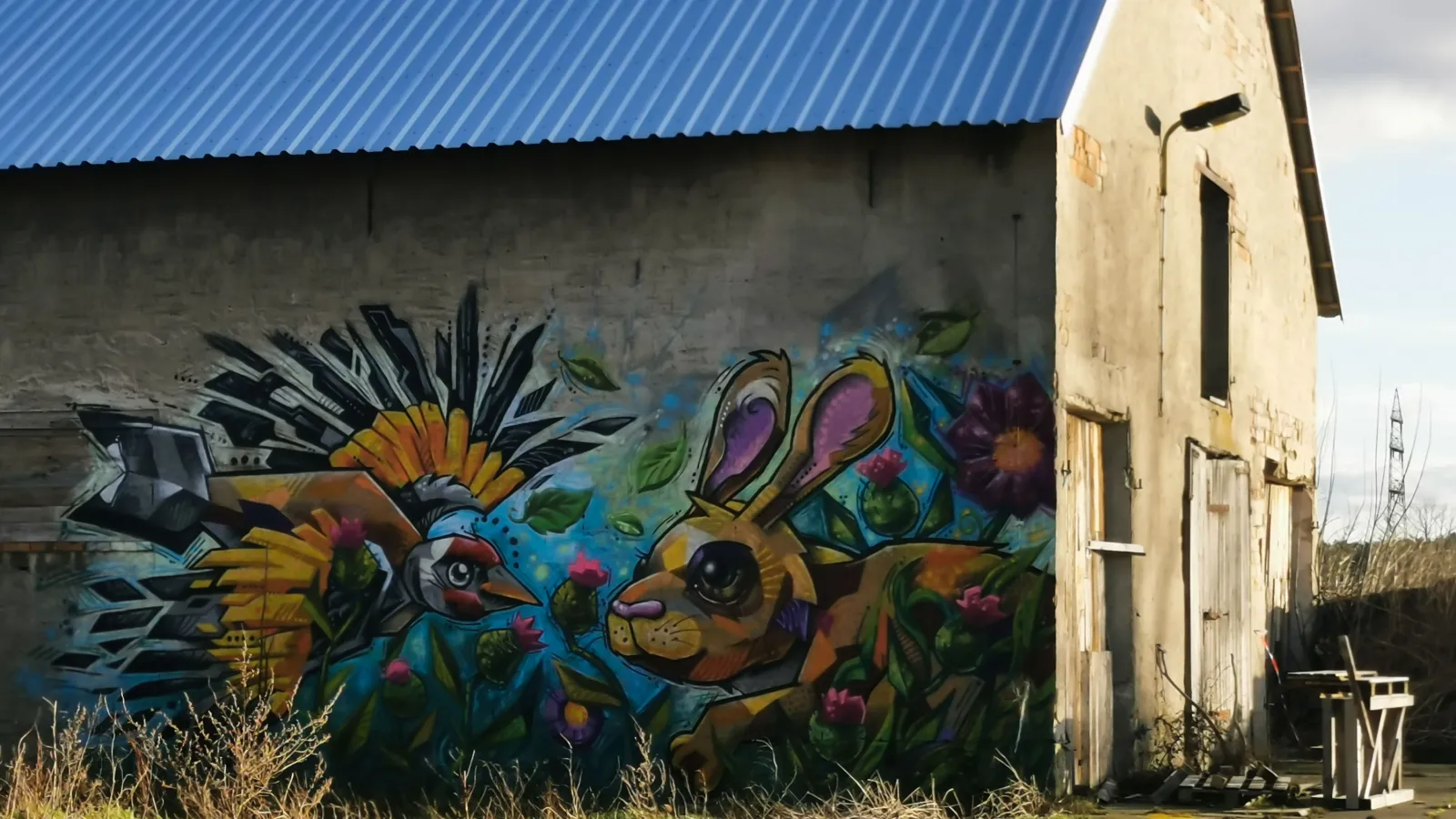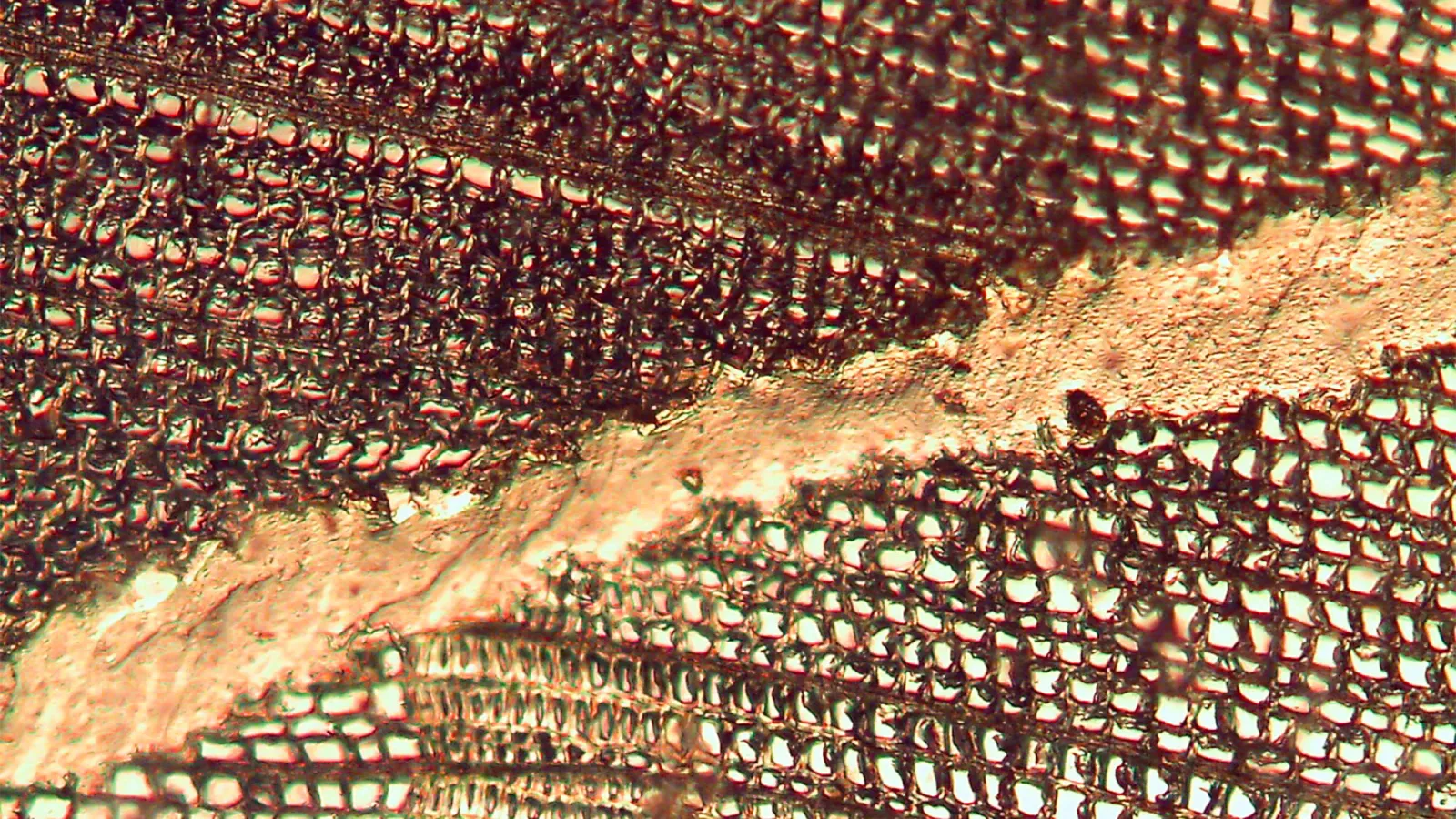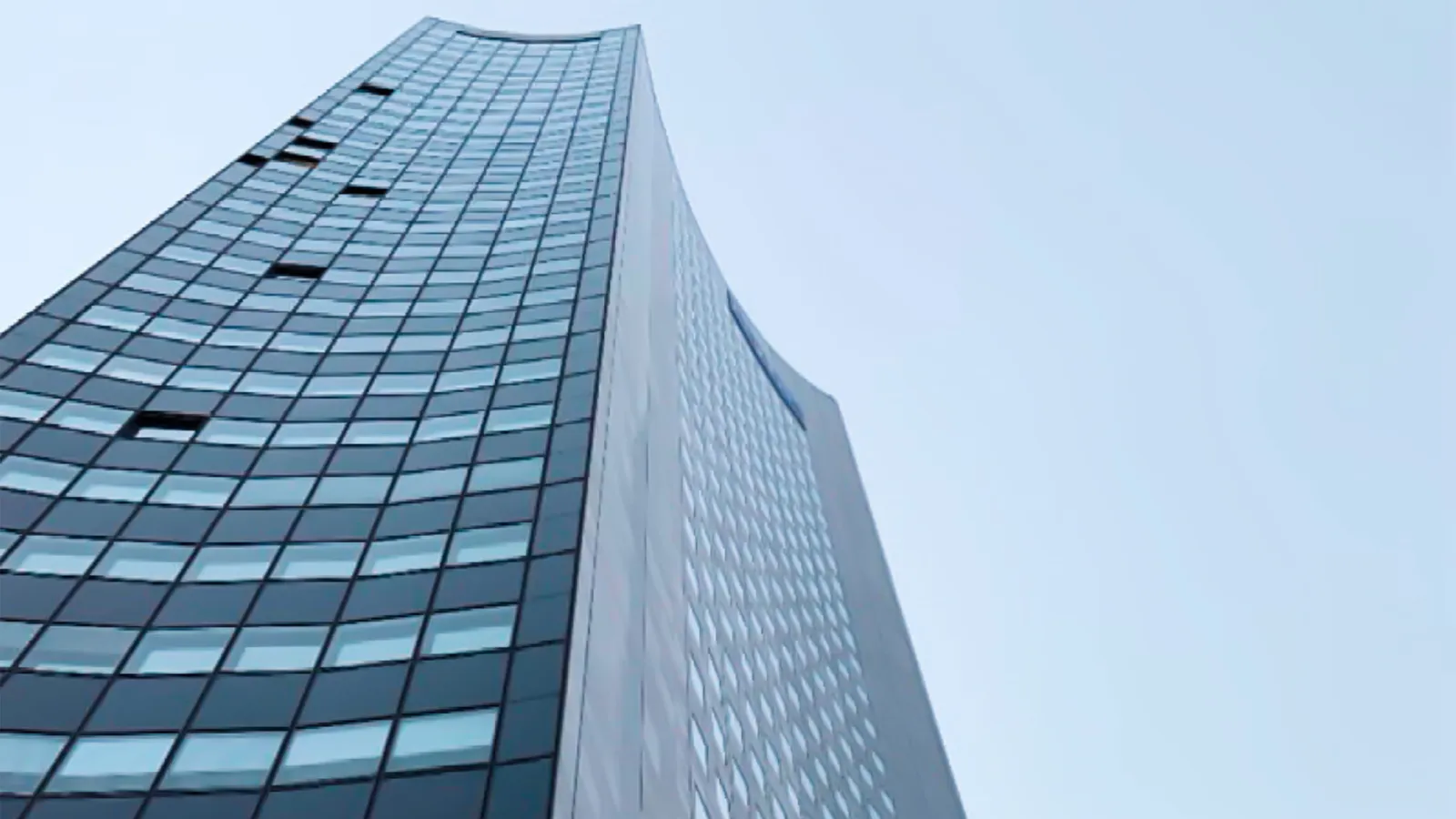Design ∙ Build ∙ Preserve
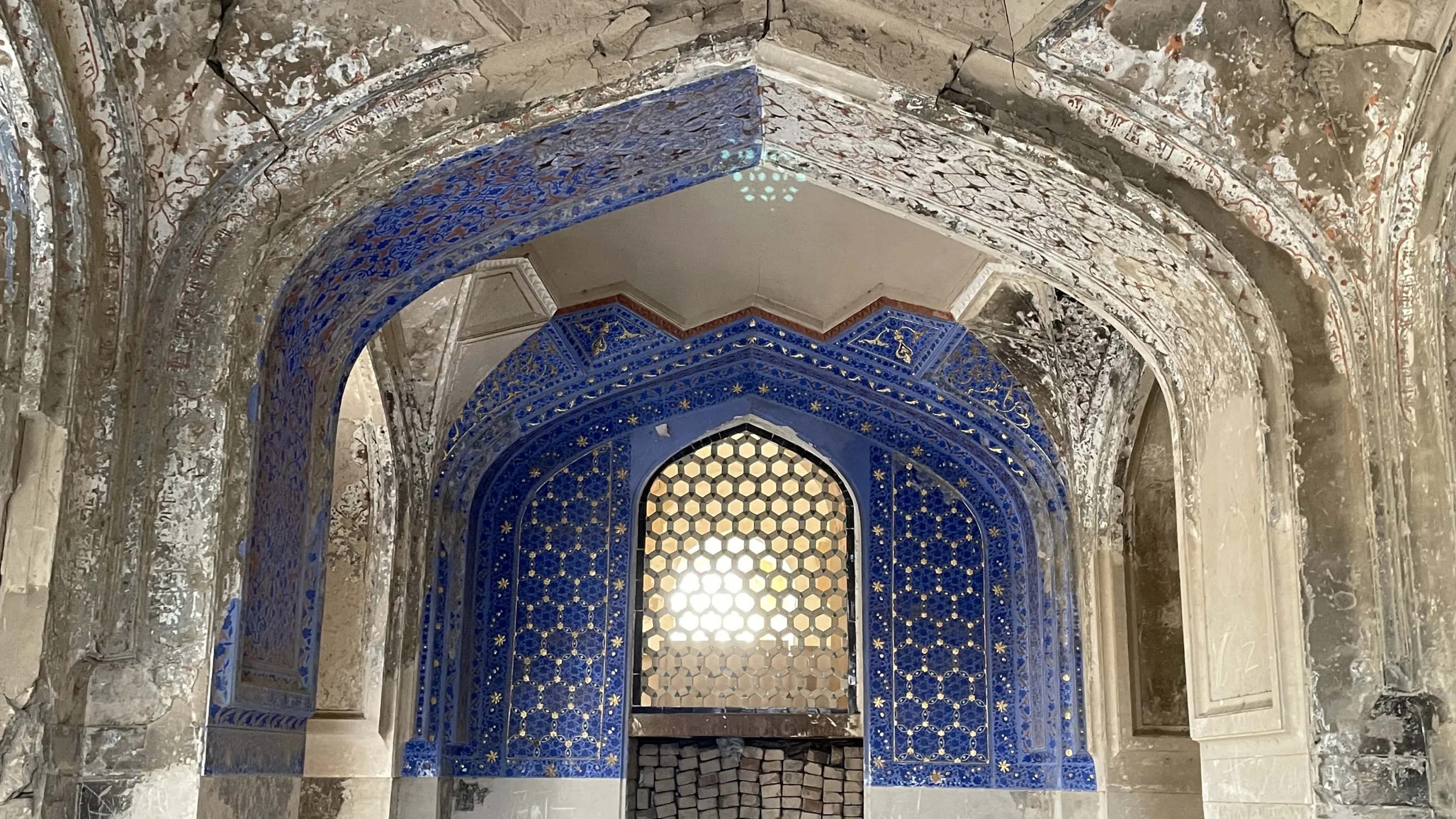
Within the research focus "Design ∙ Build ∙ Preserve", researchers, teachers and students at the University of Applied Sciences Potsdam develop solutions for sustainable urban development, innovative urban development, efficient planning and the preservation of buildings. Together, we are shaping the future of construction and working towards a sustainable and liveable environment for future generations.
How do we preserve what was designed yesterday to use tomorrow?
The profile line "Design ∙ Build ∙ Preserve" combines engineering, cultural science and conservation/restoration perspectives with a design approach. The teaching and research interests focus on urban development and urban planning, planning and urban development approaches in analysis and design, sustainable implementation in concrete new buildings as well as building in the existing fabric or building conservation. This creates a unique profile that explores the question of the future of our past.
This interdisciplinary perspective gives rise to projects and foundations for the development of new, sustainable and inclusive concepts that consider urban planning, architectural, building construction and social problems.
Interdisciplinary approach
With regard to urban development and urban planning, the profile line spans an interdisciplinary perspective between planning and urban planning approaches in analysis and design, sustainable implementation in concrete new construction, and building in the existing fabric or building preservation, to social science approaches to citizen participation and analyses in the tradition of Citizen Science projects as instruments of neighbourhood development.
It wants to make the data and building plans collected in the process, as well as findings on materials and techniques in the interaction of architects and civil engineers with the information sciences and the existing focus "Digital Transformation – Urban Future", accessible so that they can be used as best practice models for future building projects or also for the refurbishment and re-use of existing buildings.
Research & Transfer
Heterogeneous research and transfer projects that combine across the fields of building materials research, restoration and artistic design to form a format for sustainable building development that is unique in Germany are to be promoted and strengthened in the long term within the profile line "Design ∙ Build ∙ Preserve".
To this end, the existing laboratory infrastructure (laboratories and workshops in the fields of civil engineering, architecture and urban planning and restoration) will be expanded over the next few years on the one hand, and on the other hand, resources from the innovation fund have been reserved to kick-start research projects and establish research professorships.
Study & Teaching
A joint degree programme transfers methods, findings and innovations into teaching from the very beginning. With the Master's programme "Building Preservation and Construction in Existing Contexts", there is already a joint programme that is aimed at students of architecture and urban planning as well as civil engineering.
Graduates of the university are enabled to work on the constructional issues of the European city of tomorrow from a science-led, multi-disciplinary perspective.
Projects
More projectsLAUBE focuses on Sustainability, Social Issues and Biodiversity
The allotment garden is changing – one driver of this change is the demographic development, which results in a generational change.
Building Law and Planning Guidelines for the Realisation of Cultural Events in Former Agricultural Buildings in Brandenburg
An exemplary analysis based on the change of use of two LPG cowsheds to cultural sites
The structural change in agriculture in Brandenburg has led, among other things, to more and more farms being abandoned or lying fallow for years. At the same time, there is a significant lack of cultural offerings in rural areas. The strengthening of cultural offerings is favoured at both municipal and federal…
Investigations on Glulam with Natural-Based Adhesive
The thesis analyses the effects of ageing and installation on the load-bearing capacity of natural-based adhesives on glued laminated timber.
Development of a Methodology for Material-Based Screening and Categorisation of Existing Buildings with Regard to the Circular Economy
The thesis deals with the development of an innovative method for the evaluation of existing buildings that goes beyond the traditional technical approach and can be defined as circular due diligence.
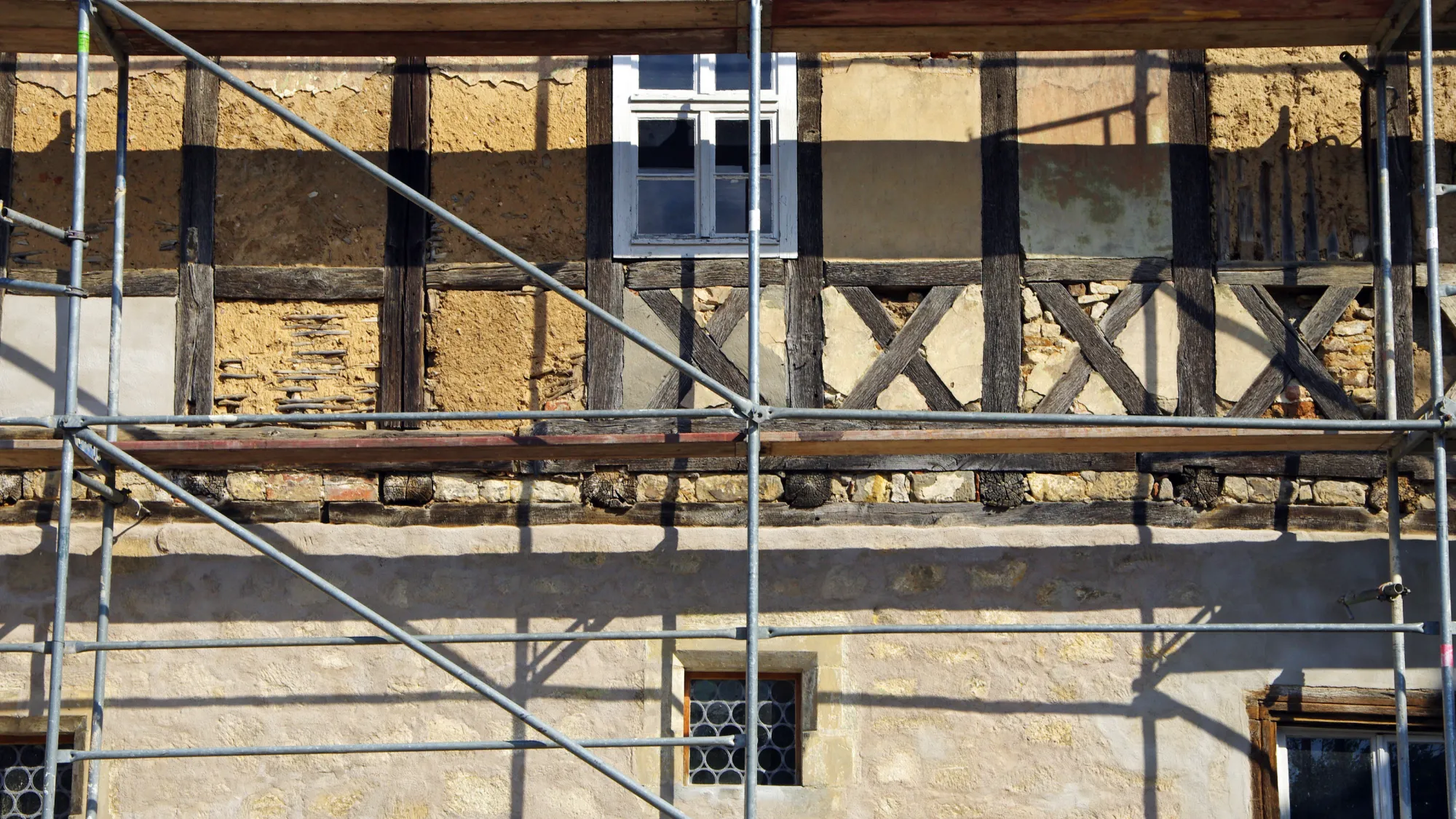
Institute for Building Research & Conservation
The Institute for Building Research and Conservation (IBB), founded in 2004 at the University of Applied Sciences Potsdam, is dedicated to science, research and development with a focus on building conservation, the preservation of historical buildings and restoration. The institute carries out technology-oriented projects in the fields of building diagnostics, substance preservation and archaeometry. It cooperates with regional and Eastern European partners such as universities, companies and public institutions to promote knowledge transfer and strengthen research activities.
Profile Line Day 2023
On 28 June 2023, the first profile day "Design ∙ Build ∙ Preserve" took place. The event offered university members the opportunity to gain an interdisciplinary insight into the range of interdisciplinary courses, to get to know current projects and to exchange ideas with colleagues and students. In addition to scientific content and exciting research projects, researchers, teachers, staff and students of the University of Applied Sciences Potsdam were also able to explore the associated laboratories, labs and workshops.
Study programmes in the profile line "Design ∙ Build ∙ Preserve"
More courses| Department | Degree programme | Teaching language | Start of study | Application deadline |
|---|---|---|---|---|
| |
Architecture and Urban Design (BA) | German | Winter semester | 15/05 – 15/07 (restricted admission)
|
| |
Architecture and Urban Design (MA) | German | Winter semester | 15/05 – 15/06 (restricted admission)
|
| |
Archival Sciences (MA) | German | Winter semester | 22/05 – 30/06/ in odd-numbered calendar years (admission restricted)
|
| |
Archival Studies (BA) | German | Winter semester | 15/06 – 15/08 (free of admission)
|
| |
Arts Management and Cultural Work (BA) | German | Winter semester | 15/05 – 15/07 (restricted admission) | Dates of the selection interviews: 27/06 – 28/06 und 18/07 – 19/07
|
| |
Civil Engineering (BEng) | German | Winter semester | 15/05 – 15/07 (restricted admission)
|
| |
Civil Engineering | Dual (BEng) | German | Winter semester | 15/06 – 15/07 (free of admission)
|
| |
Conservation and Restauration (BA) | German | Winter semester | 15/05 – 15/07 (restricted admission)
Registration for the qualifying examination: 01/11 – 18/01 / Date of aptitude test: 30-31/01/25
|
| |
Conservation and Restauration (MA) | German | Summer semester | 15/01 – 10/03 (free of admission)
|
| |
Infrastructure Systems (BEng) | German | Winter semester | 15/05 – 15/07 (restricted admission)
|
| |
Infrastructure Systems | Dual (BEng) | German | Winter semester | 15/06 – 15/07 (free of admission)
|
| |
Ing•Bau: Preservation and Construction Work in Structural Engineering (MSc) | German | Summer semester, Winter semester | 15/12 – 15/02 and 15/05 – 15/07 (restricted admission)
|
| |
Library Sciences (BA) | German | Winter semester | 15/06 – 15/08 (free of admission)
|
| |
MEng Building Conservation and Construction Work on Existing Buildings | German | Summer semester | 15.12. – 15.02. (admission restricted)
|
| |
Urban Futures (MA) | German | Winter semester | 15/05 – 15/06 (restricted admission)
|
| |
Urban Water Management | Dual (BEng) | German | Winter semester | 15/06 – 15/07 (free of admission)
|
